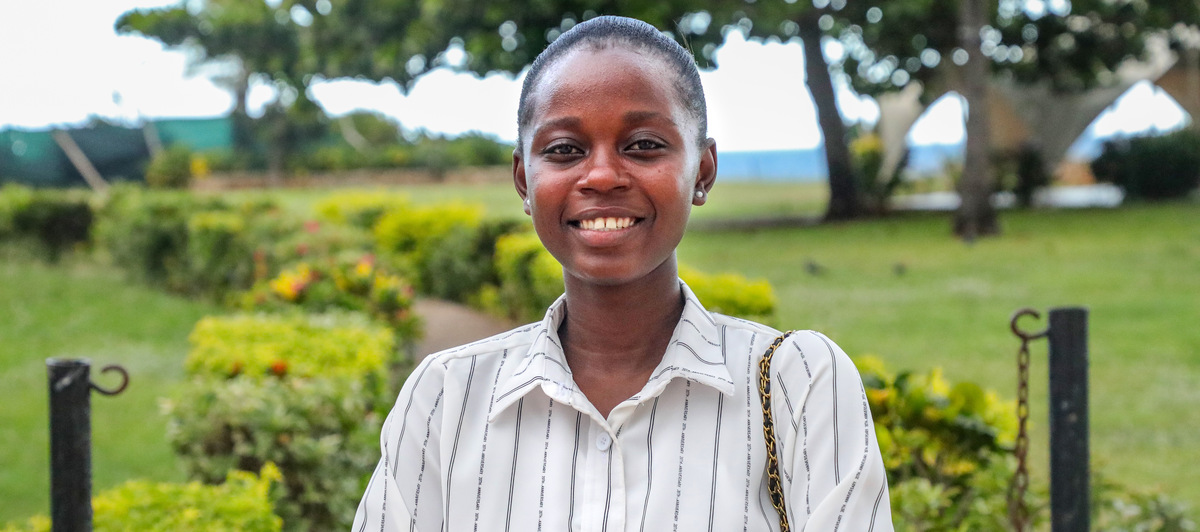“AHADI is already helping us a lot. The confidence I [have now] is not something I had before the project. I was able to be a lead adolescent volunteer and speak with the adolescents in my group, because of the confidence built in me by the project. This has helped me put it into practice quickly.”
– Laila, 18, AHADI Steering Committee Leader
The AHADI Impact Model (AHADIIM) is the main delivery platform of AHADI. It provides a safe space for adolescent girls and boys to become empowered with knowledge of ASRHR, and an opportunity for them to unpack harmful, restrictive constructs of masculinity and femininity. AHADIIM integrates two evidence-based models: Care Groups and IMPACT+. Care Groups create a multiplier effect through peer-to-peer education and behaviour change. IMPACT+ is an integrated life skills approach to engage adolescents in mentoring and education in a manner that holistically addresses key ASRHR issues.
AHADI-IM groups are comprised of 20-25 adolescents, led by a lead adolescent volunteer. The lead adolescent is supported and mentored by a promoter (a local partner staff member or a teacher), who is supported by a supervisor (an AHADI staff member) in each urban centre. AHADIIM integrates peer-to-peer knowledge sharing with its local rights-based partners to promote crucial ASRHR knowledge and amplify voices to stand up for their rights. After 18 months, a new adolescent cohort begins.
There is an adolescent council in each ward, and members participate in AHADI’s Adolescent Steering Committee, where adolescent voices help lead the project to meet its gender equality goals.










